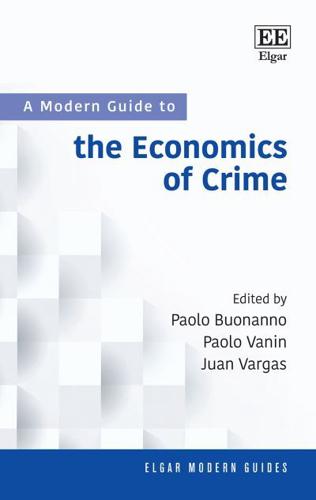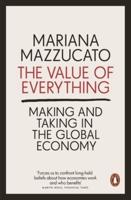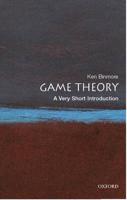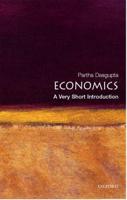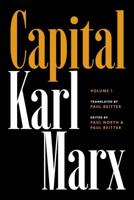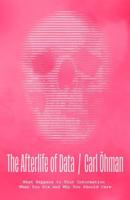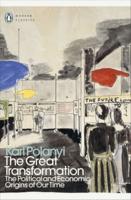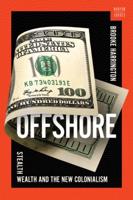Publisher's Synopsis
A Modern Guide to the Economics of Crime discusses the evolution of a field, whose growing relevance among scholars and policymakers is partly related to the persistence of crime and violence around the world and partly to the remarkable progress made in recent years in the economic analysis of individual and organised crime. Such progress is related to the so-called "credibility revolution" as well as to the cross-fertilization of economics and other social sciences such as criminology, sociology and political science. With contributions from some of the leading scholars in the economics of crime, the volume highlights a variety of topics, conceptual frameworks and empirical approaches, thus providing a comprehensive overview of the most recent developments of the field.
Emphasising the importance of designing crime-reducing policies that are guided by rigorous empirical analyses, the contributions leverage the availability of novel and administrative micro-data, the use of research designs that unveil causal relationships, and the interdisciplinarity of approaches and theoretical frameworks. The Modern Guide moves through four parts: first investigating the role of the police and their effectiveness, then moving on to look at the distinct socio-economic factors that may induce individuals to commit crimes, followed by issues related to crime in specific groups including migrants, women and racial minorities, and finally turning from individual to organized crime.
This Modern Guide will be an invigorating read for economics and criminology students and scholars looking at the relationship between the two fields. Policy makers will also benefit from the application of interdisciplinary theory to empirical research in the chapters.
